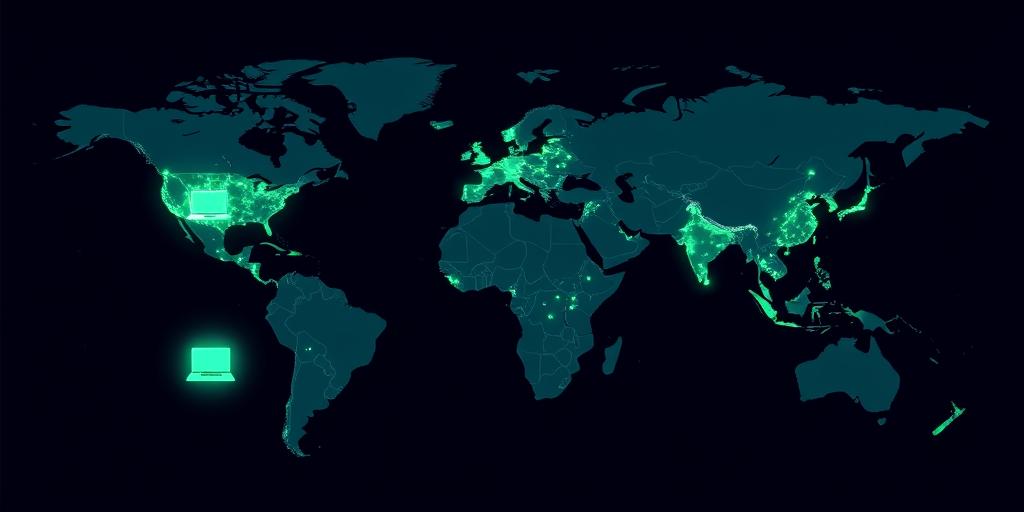The Digital Transformation of Politics
Explore the digital transformation of politics, from social media campaigns to data-driven policy making. Understand the opportunities and challenges for democracy and governance in the digital age.

The Digital Transformation of Politics
The Digital Transformation of Politics
The political landscape is undergoing a seismic shift, driven by the relentless march of digital technology. From social media campaigns to data-driven policy making, the integration of digital tools is reshaping how political actors engage with citizens, formulate strategies, and govern. This transformation presents both unprecedented opportunities and significant challenges for democracy and governance.
The Rise of Social Media Politics
Social media platforms have emerged as battlegrounds for political discourse. Candidates now leverage platforms like Twitter, Facebook, and Instagram to connect directly with voters, bypassing traditional media gatekeepers. These platforms enable rapid dissemination of information, mobilization of supporters, and personalized campaigning. However, the echo chamber effect and the spread of misinformation pose serious threats to informed political debate.
Data-Driven Policy Making
Big data analytics is revolutionizing policy making. Governments are increasingly relying on data to understand societal trends, identify policy priorities, and evaluate the impact of interventions. By analyzing vast datasets, policy makers can gain valuable insights into citizen needs and preferences, leading to more effective and targeted policies. However, concerns about data privacy and algorithmic bias must be addressed to ensure equitable outcomes.
Digital Activism and Civic Engagement
The internet has empowered citizens to engage in political activism and hold their governments accountable. Online platforms facilitate the organization of protests, dissemination of information, and mobilization of support for political causes. Digital tools also enable citizens to participate in democratic processes, such as online voting and e-petitions. However, digital activism is not without its challenges, including the risk of online harassment and censorship.
The Future of Digital Politics
The digital transformation of politics is an ongoing process with far-reaching implications. As technology continues to evolve, political actors must adapt to the changing landscape and harness the power of digital tools to promote democracy and good governance. This requires addressing the challenges of misinformation, data privacy, and algorithmic bias, while fostering digital literacy and civic engagement.
In conclusion, the digital transformation of politics is reshaping how political actors engage with citizens, formulate strategies, and govern. By understanding the opportunities and challenges of this transformation, we can harness the power of digital tools to promote democracy and good governance in the digital age.







